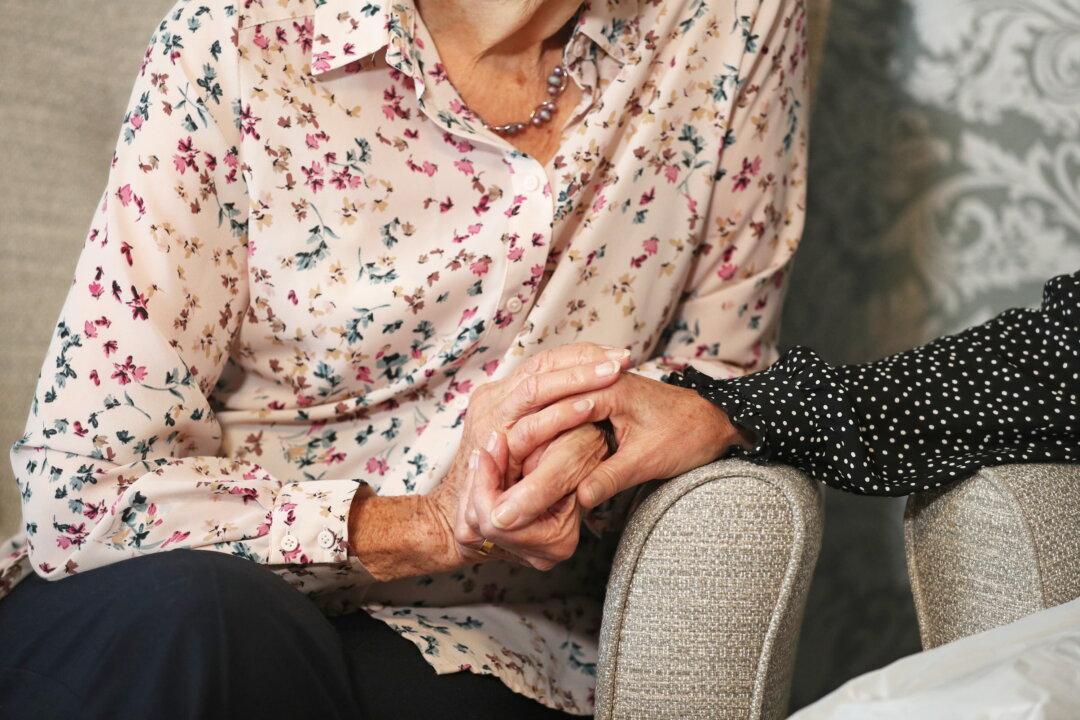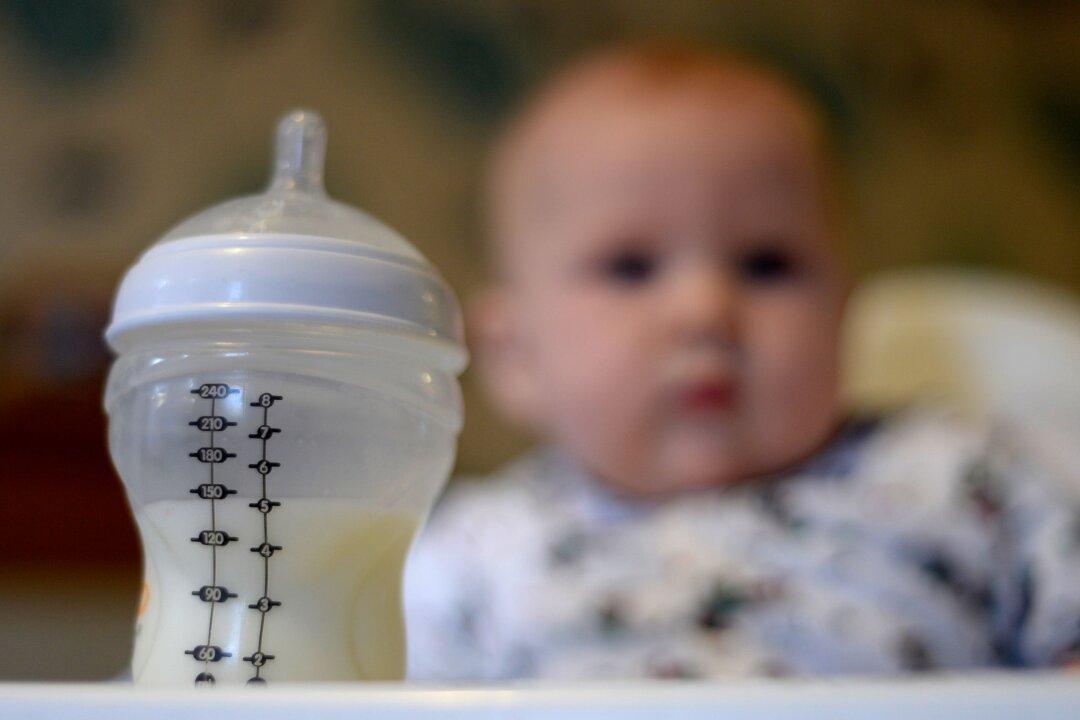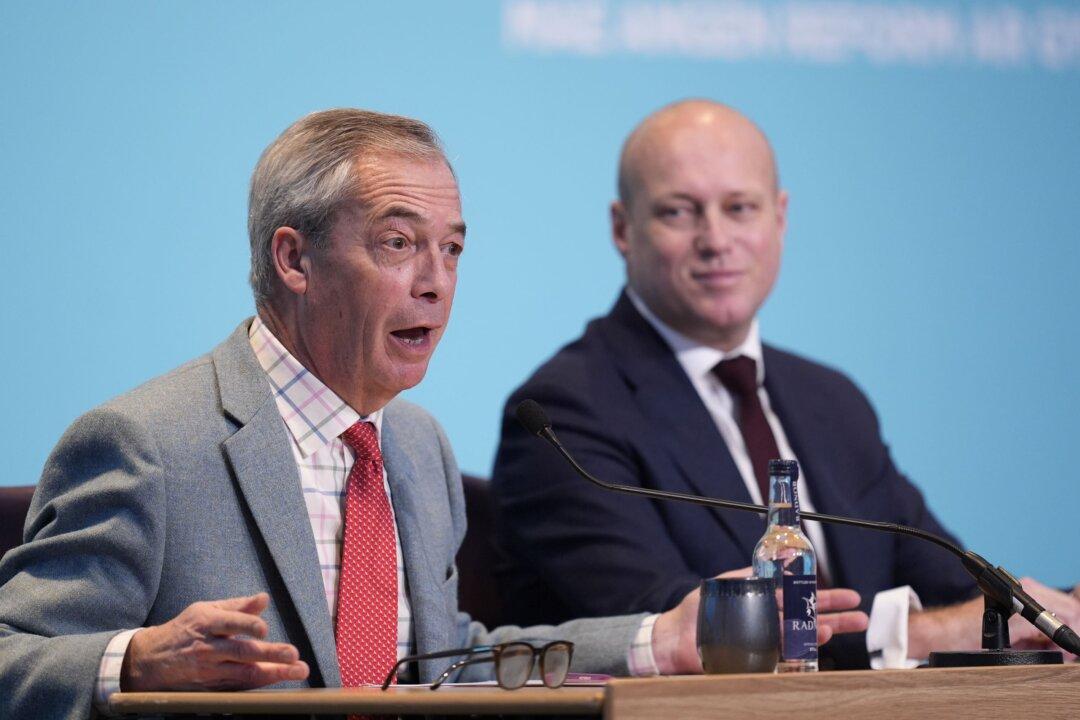Social care isolation rules have been relaxed following concerns over staff being off sick and problems discharging patients from hospitals.
Previously, if a care home had at least two coronavirus cases, outbreak control measures—such as blocking new admissions and indoor visitors except those with essential caregiver status—were put in place for 28 days.




